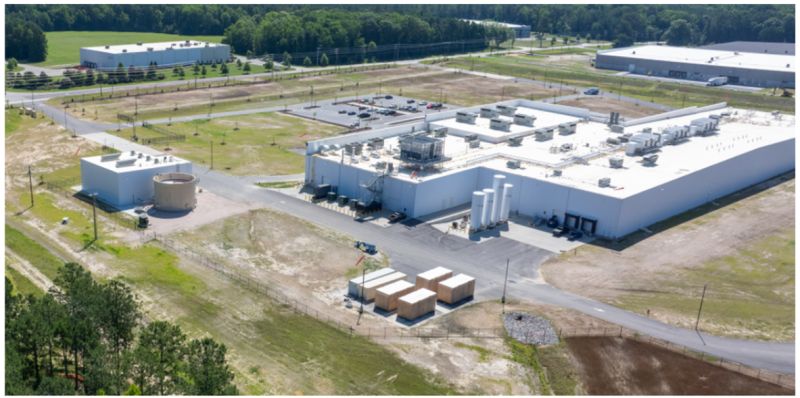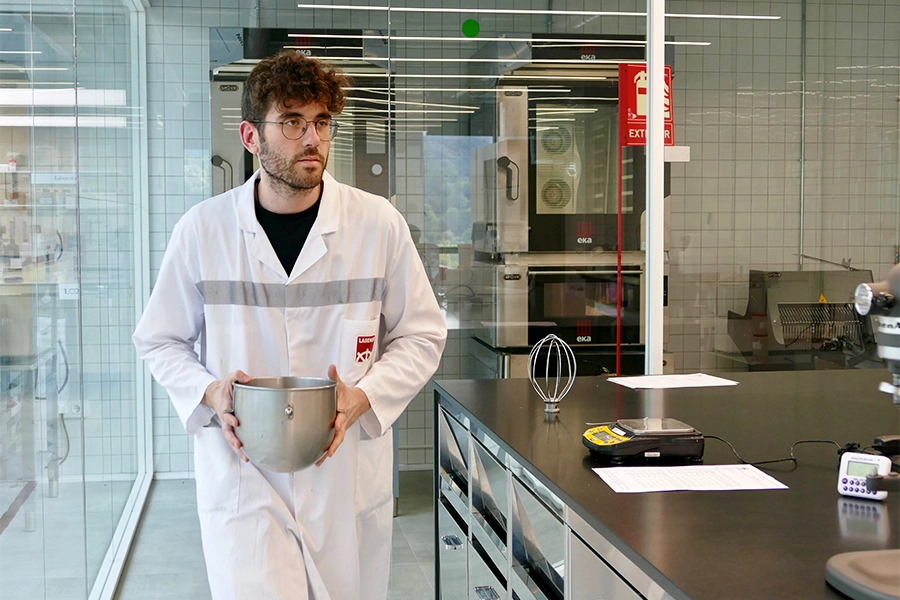
%2C%20Susan%20S%C3%A1nchez%20(CSO)%2C%20Jos%C3%A9%20Mar%C3%ADa%20Elorza%20(CFO)%20%20.jpg)
MOA Foodtech launches Albatros AI platform to streamline fermentation development
MOA Foodtech has unveiled Albatros, a new artificial intelligence platform designed to accelerate the development of fermentation-based ingredients while reducing production costs and reliance on refined raw materials. The Spain-based biotech company claims the platform can cut development time from six months to just two weeks and reduce associated costs to as little as five percent of traditional methods.
Albatros uses machine learning to analyze the nutritional profiles of food industry byproducts and match them with suitable microbial strains and fermentation strategies. According to MOA, this enables manufacturers to upcycle side-streams such as starches and other surplus materials into high-value ingredients for food and feed applications.
“Using proprietary protocols, Albatros can analyze a microorganism’s DNA and, in just 10 minutes, predict its nutritional needs and how to reprogram its metabolism,” said Bosco Emparanza García, Founder and CEO of MOA Foodtech. “This unlocks huge possibilities with fermentation, and it has the power to transform the food industry.”
The platform is underpinned by what MOA describes as the most comprehensive microbiology dataset available, incorporating data on microbial genomes, byproducts, metabolic pathways, and enzymatic reactions. This data foundation allows the system to suggest precise fermentation conditions that optimize for metrics such as nutritional output, biomass yield, or functional properties.
A key differentiator for Albatros is its focus on lower-cost inputs. Rather than relying on refined sugars and high-value substrates, the platform is engineered to make use of waste streams and residual materials from food manufacturing. This approach helps reduce raw material costs and contributes to circular economy goals by turning waste into valuable resources.
During internal testing, Albatros was used to develop a new ingredient derived from upcycled starches. MOA reports that the process was completed 75 percent faster than through conventional R&D approaches, with just a fraction of the typical resource outlay.
Albatros is available to manufacturers as part of a Microbiology-as-a-Service (MAAS) model. Clients can provide data on their byproducts, and MOA’s in-house lab team will use Albatros to design and execute fermentation trials based on the AI’s predictions. This setup is intended to reduce trial-and-error cycles, accelerate time to market, and improve the consistency of results.
To further support the industry, MOA has launched a complementary online calculator tool. This service allows manufacturers to upload specifications of their byproducts and receive an estimate of the commercial and nutritional potential of these materials when processed through fermentation. MOA notes that its platform has already helped companies transform low-value side-streams into ingredients capable of generating up to 20 times more revenue than traditional applications.
“We developed our technology to speed up the development of new bio-based sustainable products,” Emparanza García added. “Albatros helps bridge the gap between biological complexity and commercial viability.”
MOA Foodtech, headquartered in Navarre, specializes in bio-based solutions for the food and feed industries. The launch of Albatros marks a significant step in its mission to make industrial fermentation more efficient and sustainable by leveraging digital tools and data science.
(Main picture shows from left to right, Bosco Emparanza (CEO), Susan Sánchez (CSO) and José María Elorza (CFO))
If you have any questions or would like to get in touch with us, please email info@futureofproteinproduction.com






